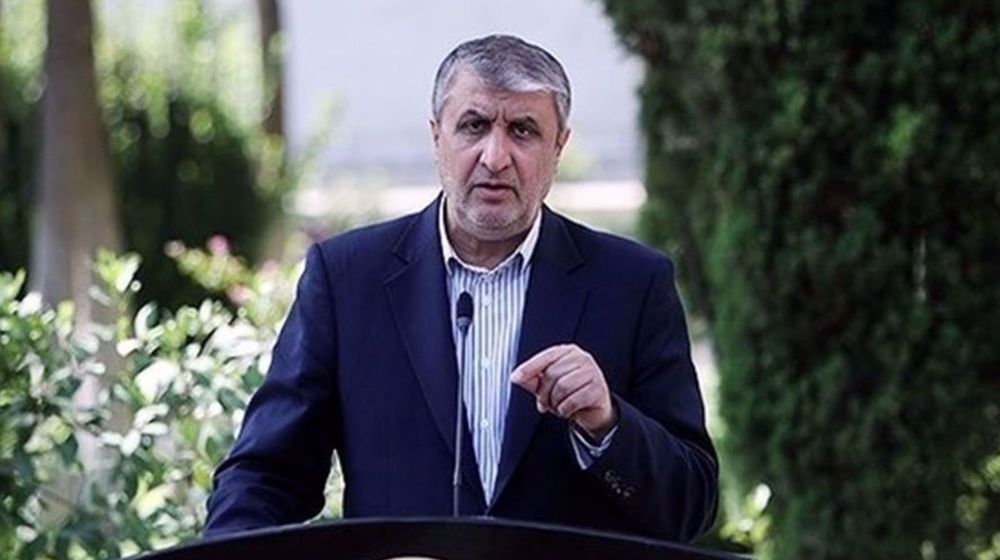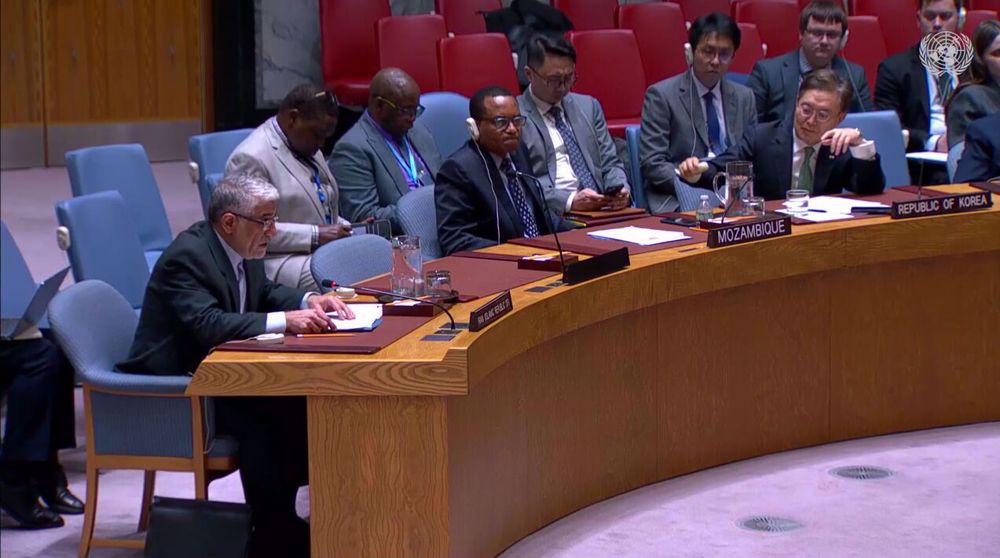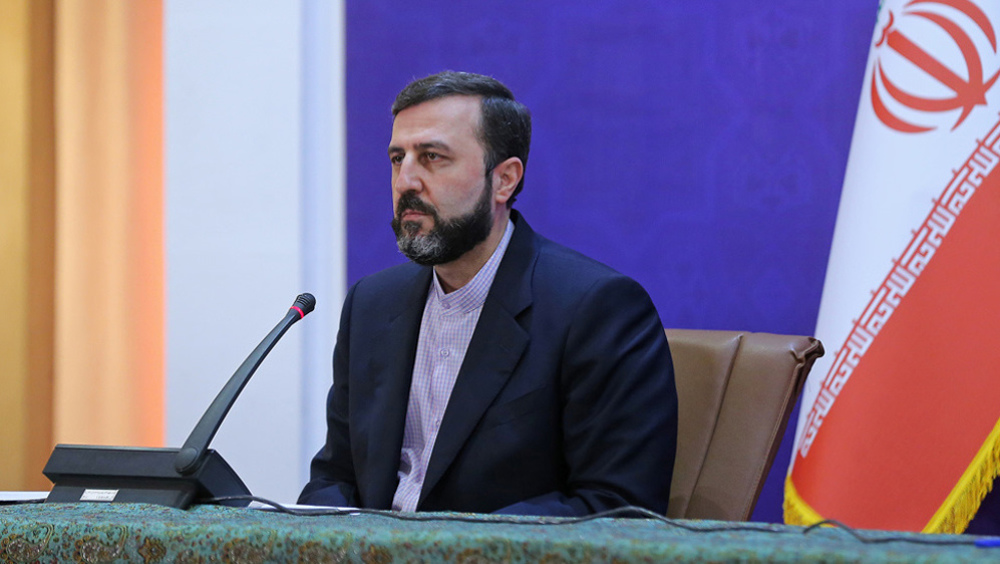Iran slams European signatories for inaction after US withdrawal
Iranian Deputy Foreign Minister for Political Affairs Seyyed Abbas Araqchi has censured the European signatories to the 2015 nuclear deal, which is officially known as the Joint Comprehensive Plan of Action (JCPOA), for their inaction to save the agreement after the US withdrawal.
Araqchi said in an interview with China’s CGTN TV channel on Tuesday that Iran could have pulled out of the accord after Washington quit last year but Tehran was convinced not to do so when the other participants promised to offset the US withdrawal.
The Iranian diplomat said Tehran’s partial reduction of its nuclear commitments under the deal was aimed at giving diplomacy a “second chance” to save the accord.
“We aim to preserve the JCPOA not to abolish that,” Araqchi said. “We could have walked out of the deal after the US and no one could ever admonish us for doing so. But we opted for giving a second chance to diplomacy and the keeping of the landmark accord.”
“No deal can ever last as long as a balanced give-and-take fails to come to pass,” he added. “We currently have no such thing as an equilibrium in the JCPOA with other signatories. Iran has thoroughly fulfilled its obligations under the deal but has not been reciprocated.”
During his interview with the Chinese media, Araqchi reiterated Iran’s refusal to hold negotiations with the United States under present conditions.
Araqchi said Tehran was unconcerned about who might be elected in the next US presidential election, saying Iran would negotiate with the US only within the framework of the JCPOA and under the condition that Washington returned to the deal.
In May 2018, US President Donald Trump unilaterally pulled his country out of the international deal, in defiance of global criticism, and later re-imposed the sanctions that had been lifted against Tehran as part of the agreement.
In response to the move, Tehran has so far rowed back on its nuclear commitments four times in compliance with Articles 26 and 36, but stressed that its retaliatory measures will be reversible as soon as Europe finds practical ways to shield the mutual trade from the sanctions.
However, European members since last month have begun raising the possibility of triggering the JCPOA’s “dispute resolution mechanism,” which is also known as the trigger mechanism, and whose activation can lead to the return of the UN sanctions on Iran.
‘Abhorrent’: Oxfam says only 12 trucks delivered aid in North Gaza since Oct.
VIDEO | Leader receives religious eulogists on Hazrat Fatima birth anniv.
Pope Francis slams Israel’s ‘machine-gunning’ of Gaza children
US hostage-taking of Iranian nationals violation of intl. law: Deputy FM
VIDEO | Carol Singers for Palestine on London’s Parliament Square
Ansarullah says ‘Israeli terrorists’ incapable of confronting Yemen, warns of secret weapons
VIDEO | Yemenis praise the military for its successful operations against Israel
VIDEO | Israel continues to bomb Gaza homes










 This makes it easy to access the Press TV website
This makes it easy to access the Press TV website